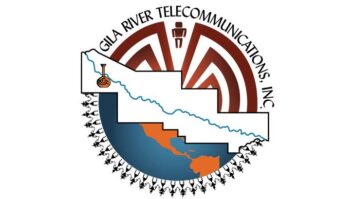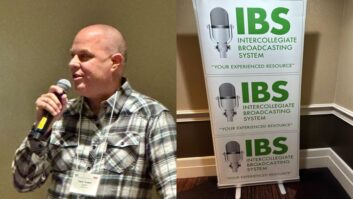There are clear processes that must be followed when the FCC chooses the winner of a noncommercial educational FM station construction permit from among mutually exclusive applications.
The commission reiterated that process in a case that arose from the recent filing window for new NCE FMs. The upshot is that Arizona Western College now has a CP in the community of Quartzsite.
The Media Bureau had chosen the college as the a tentative winner from a mutually exclusive group that also included Remanente Broadcasting Network (RBN) and the Association for Community Education (ACE), known collectively as NCE MX Group 22.
After conducting a fair distribution analysis, the bureau selected AWC because it would provide a new second NCE service to at least 5,000 more people than the RBN application. It also rejected the application from ACE because it failed to satisfy a 2,000-person minimum threshold.
But an objection was filed by Albert Adam David of Berwyn, Ill., in April.
He argued that the bureau should have selected ACE because it qualifies for a “first aural reception service preference,” so the bureau should not have considered the first and second NCE preference claims of the other two applicants.
David argued that the bureau failed to follow its own review guidelines as laid out in its Procedures Public Notice. And he said the FCC’s Allotments Report and Order supports his argument.
“[The] first aural service to a population of 223 people would be of a greater benefit to the public interest [rather than] either of the competing proposals, which merely propose second noncommercial educational service,” he wrote.
[See Our Business and Law Page]
AWC responded, saying the analysis for Group 22 was correct because the commission only considers first aural service when one of the MX applicants claims a tribal priority. David then replied that it is not in the public interest do it that way because it would create a system that is inconsistent and inequitable.
But the commission disagreed. It said it has been clear regarding its process. When applicants in an NCE MX FM group propose to serve different communities, it performs a threshold fair distribution analysis to determine whether grant of any of the applications would best further the objectives laid out in the Communications Act to provide “fair, efficient and equitable distribution” of the broadcast service.
It explained that its first step is to determine whether any applicants in the MX group are part of a federally recognized Native American tribe or Alaska native village proposing to serve tribal lands. If not, the second step is to determine whether any applicant would provide a first or second reserved band channel NCE aural service to a substantial population. In that case, it said, a first or second service to fewer than 2,000 people would be considered insignificant.
It also declined David’ several other arguments and reviewed the process by which it makes these determinations. You can read the case here.
In short the commission has denied the informal objection by David, dismissed the applications of RBN and ACE, and granted a construction permit for a new NCE FM station in Quartzsite, Ariz., to Arizona Western College.







